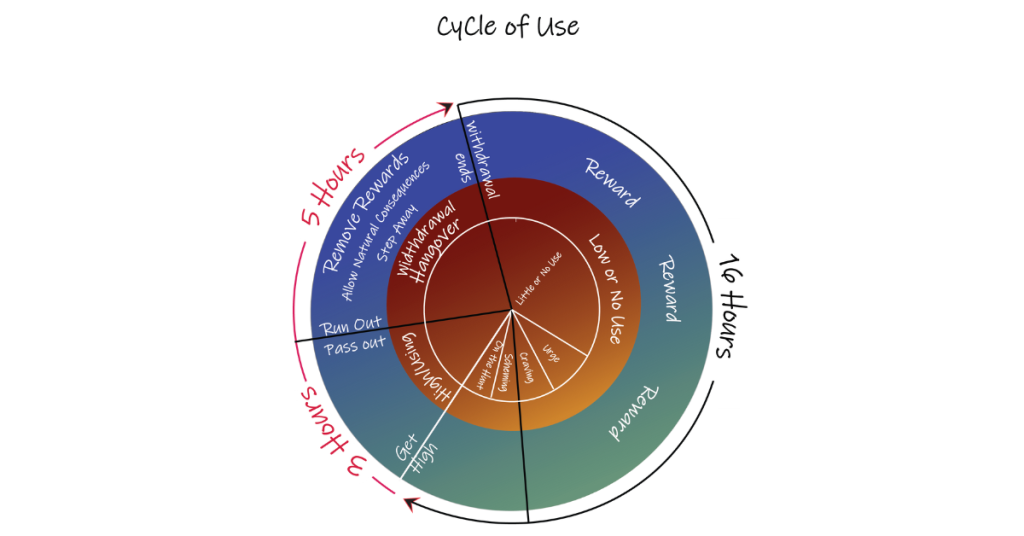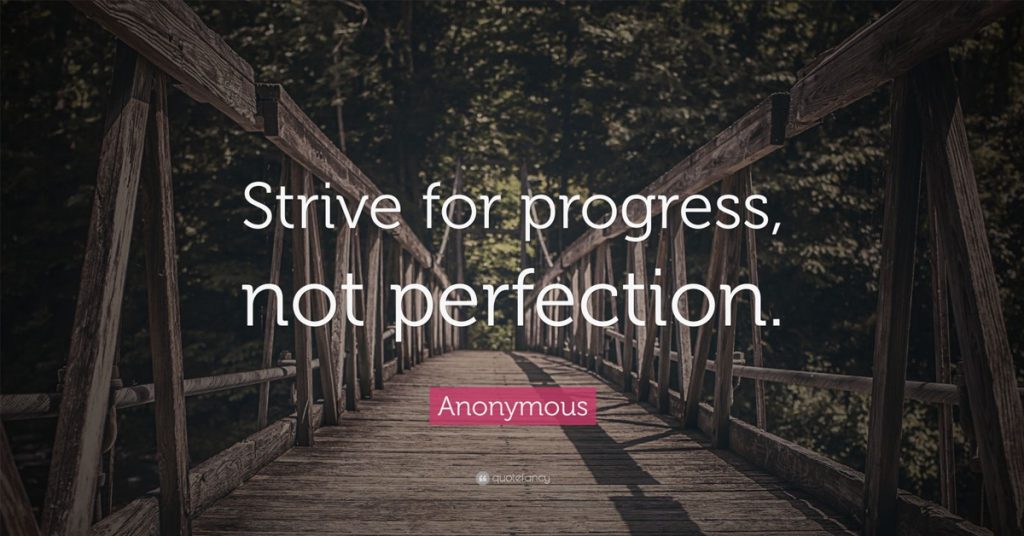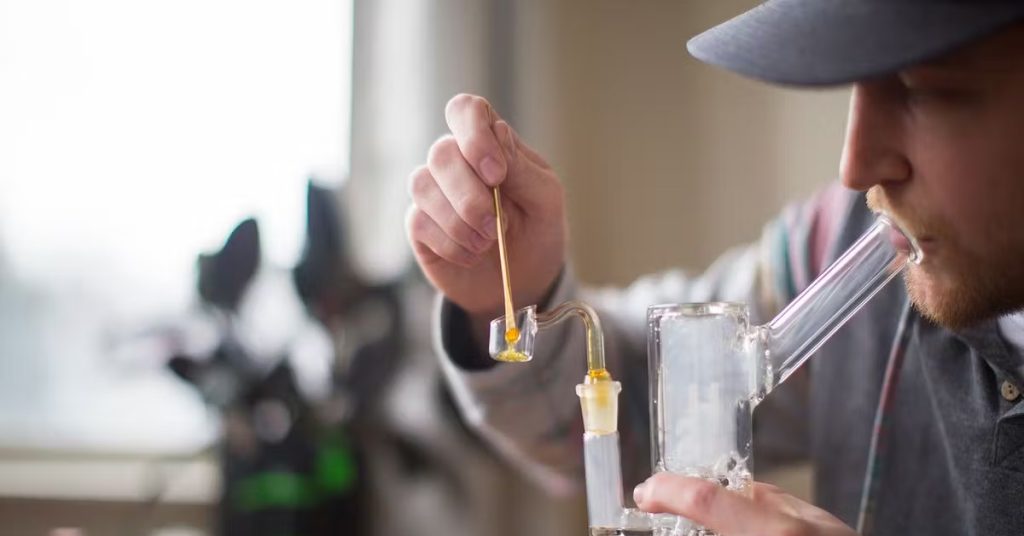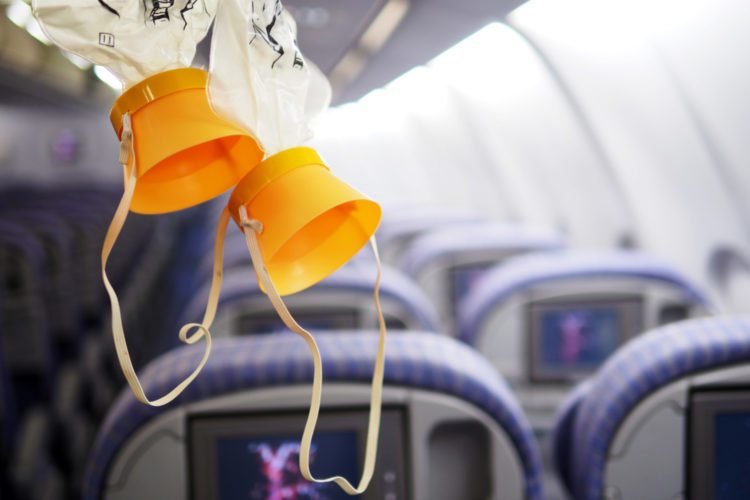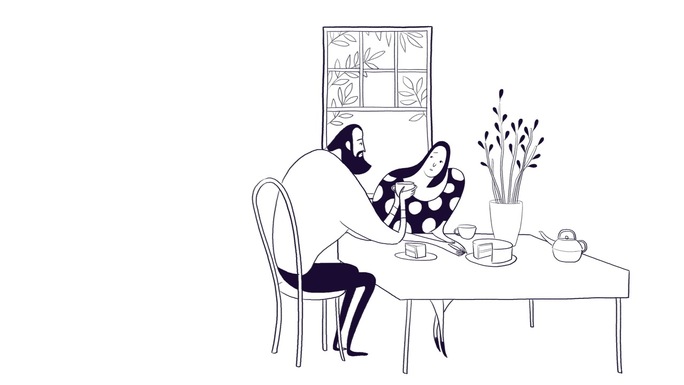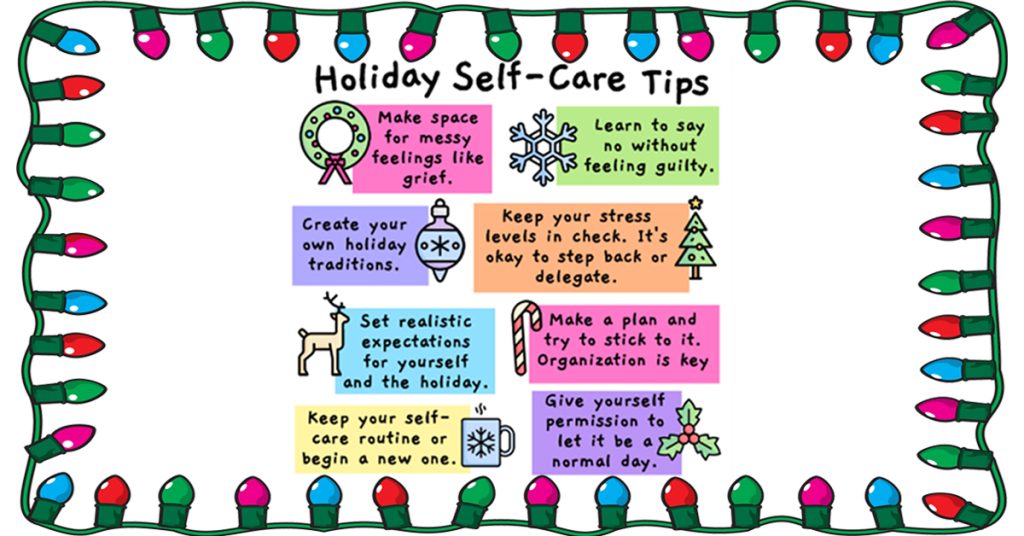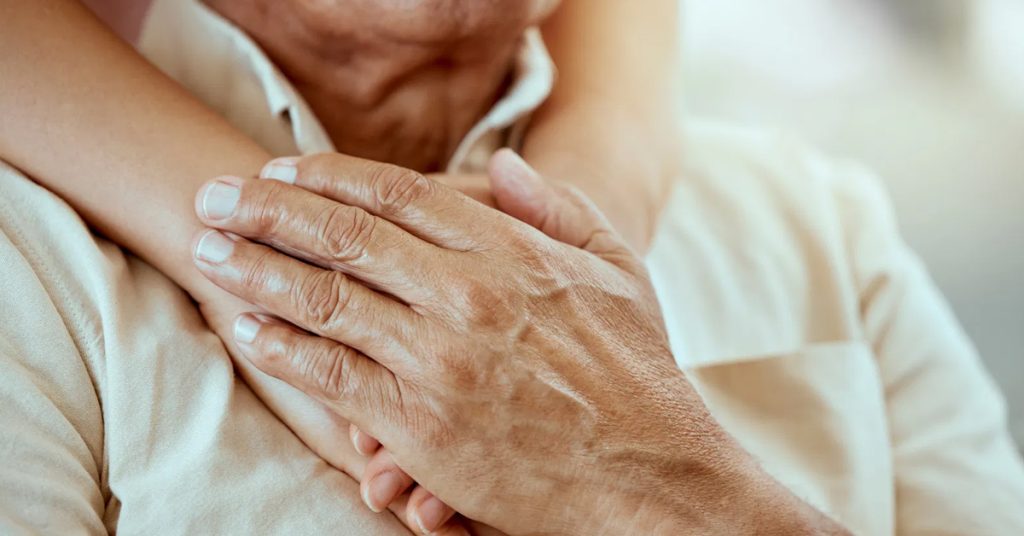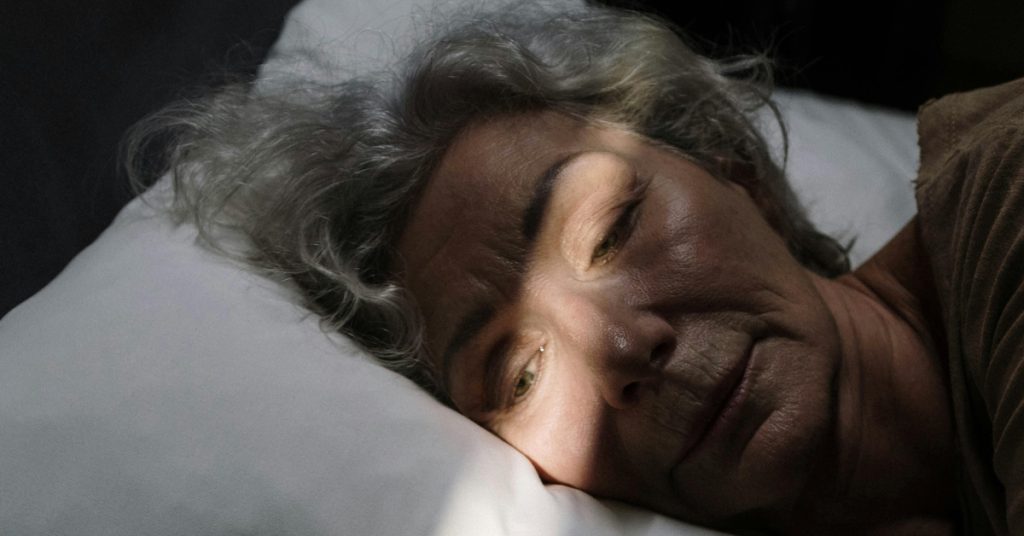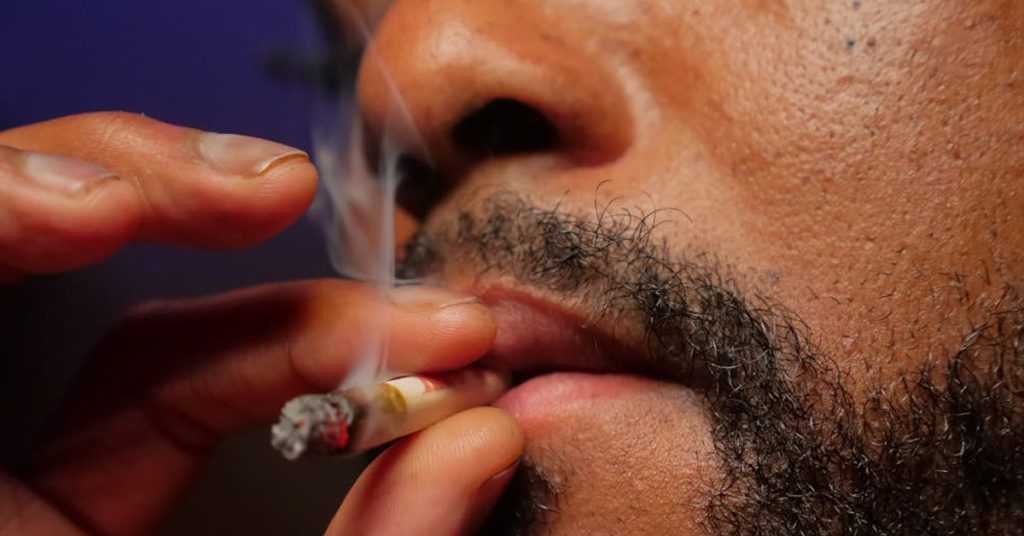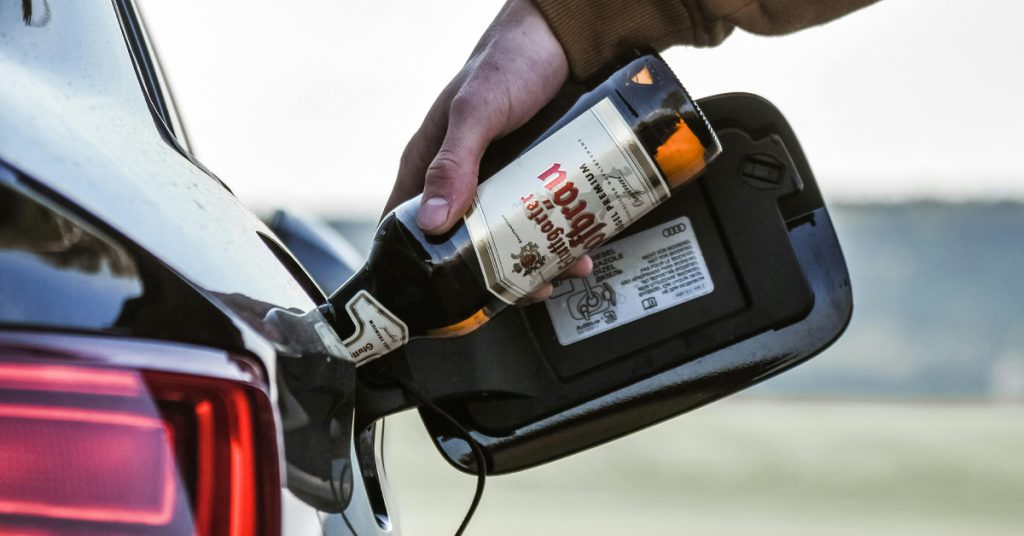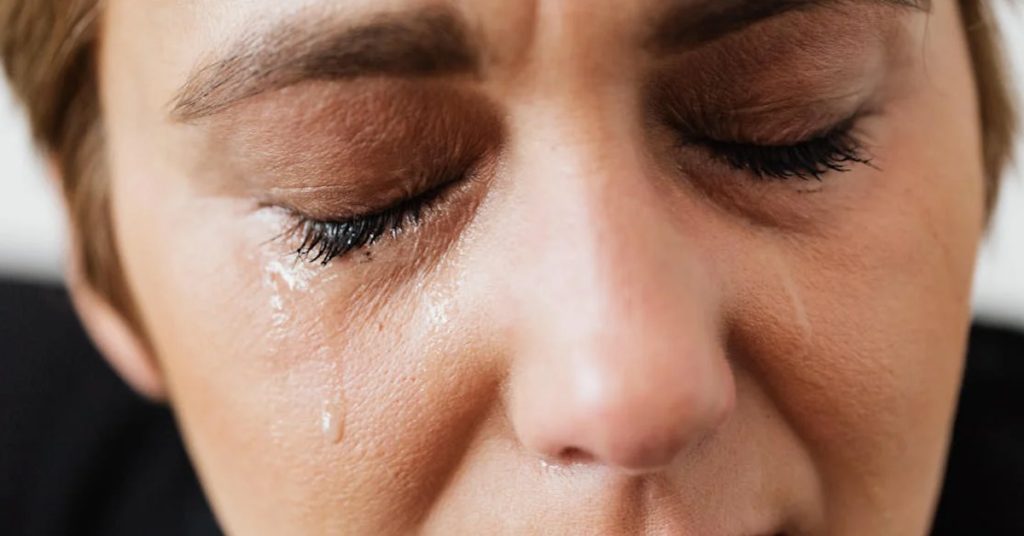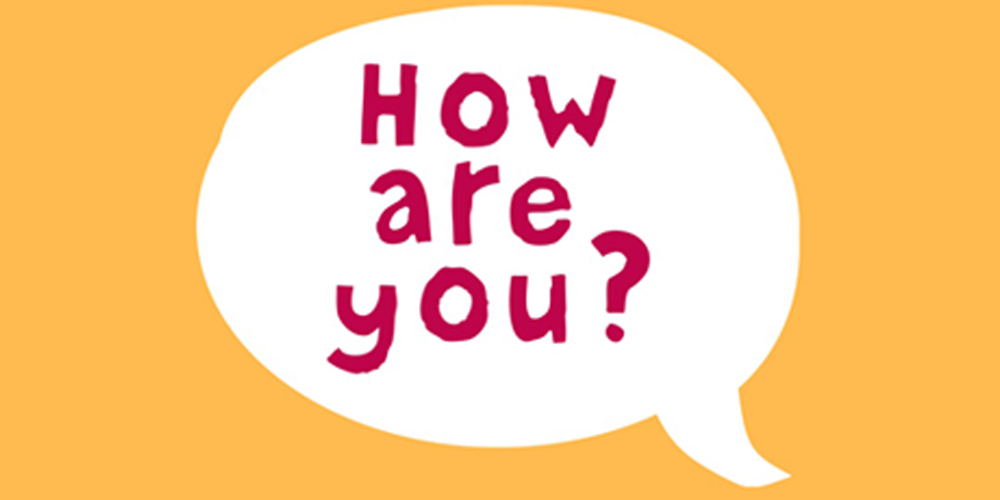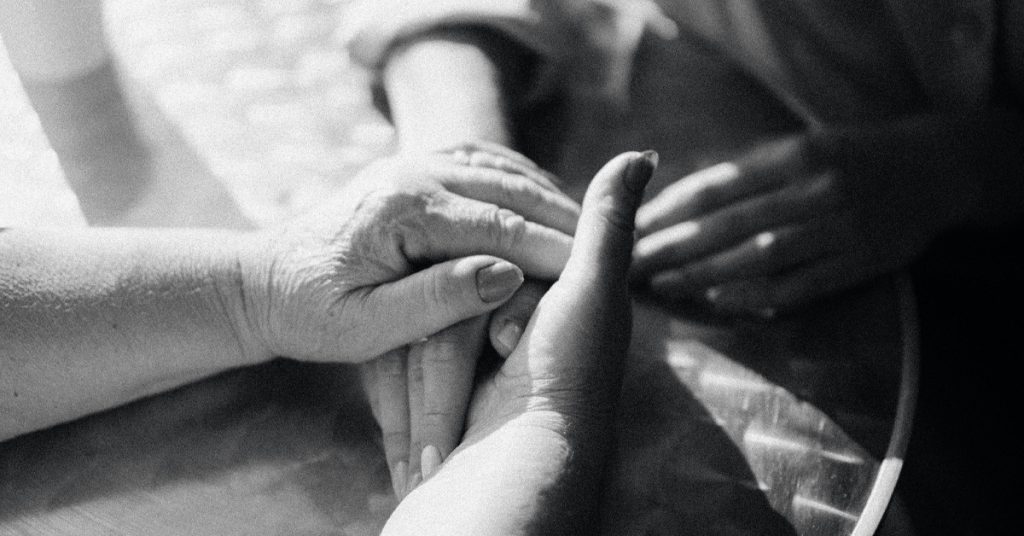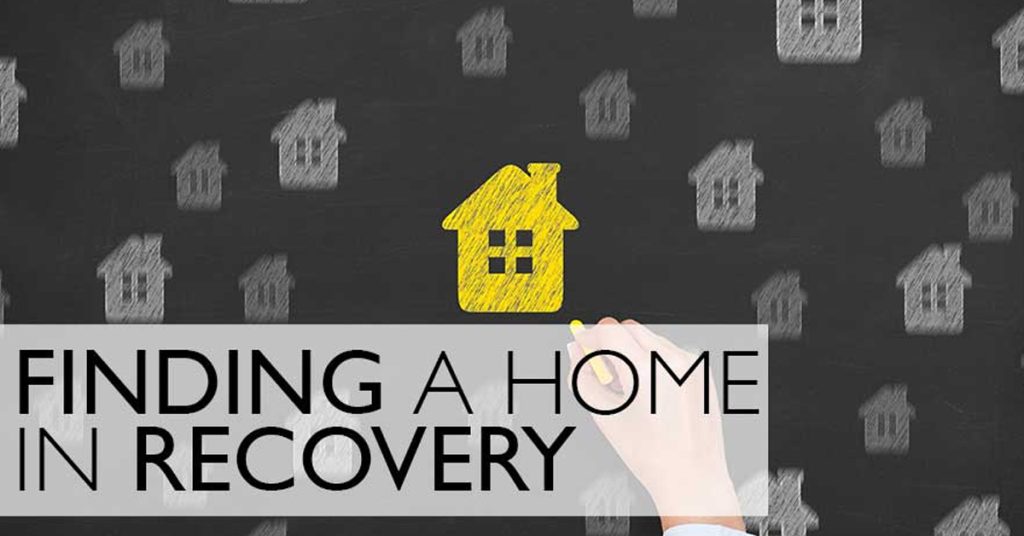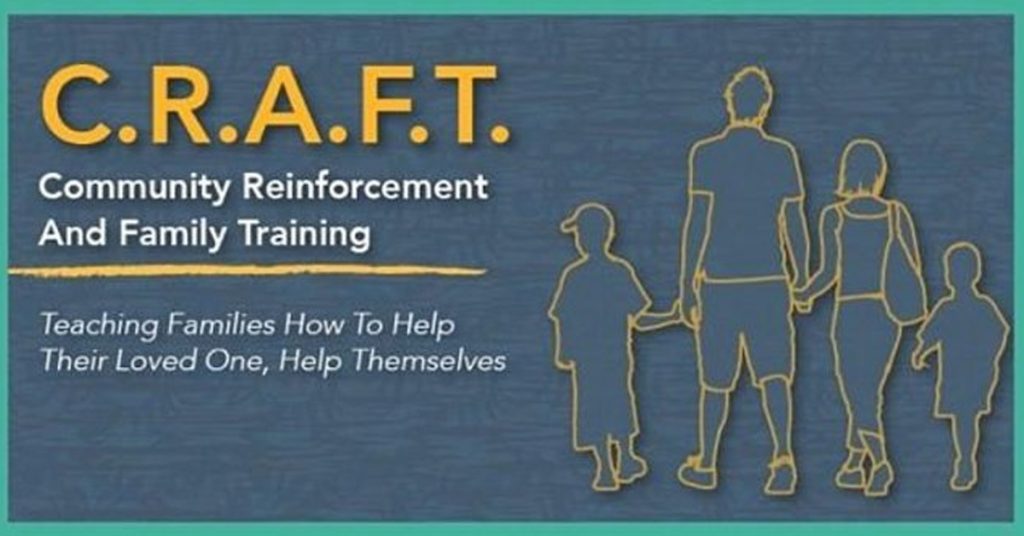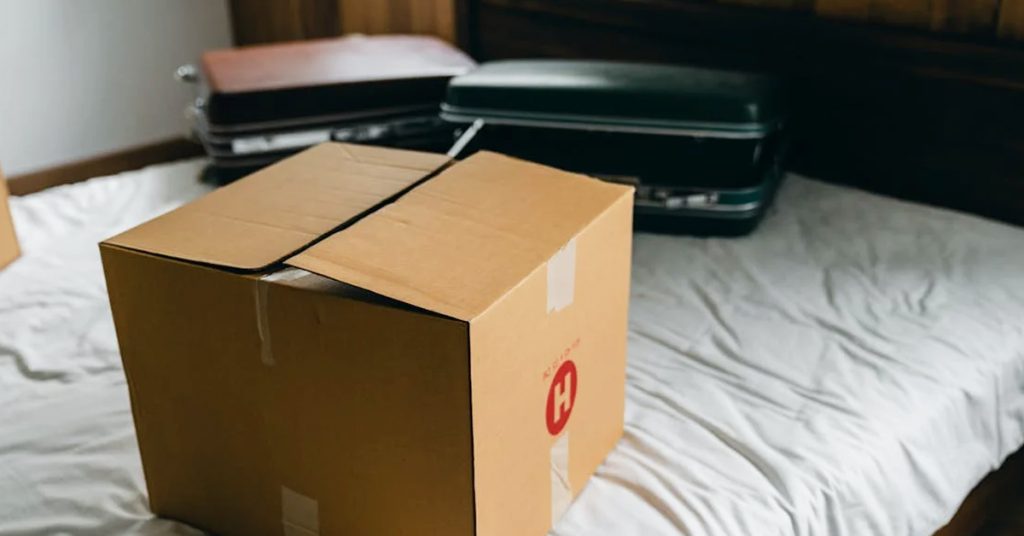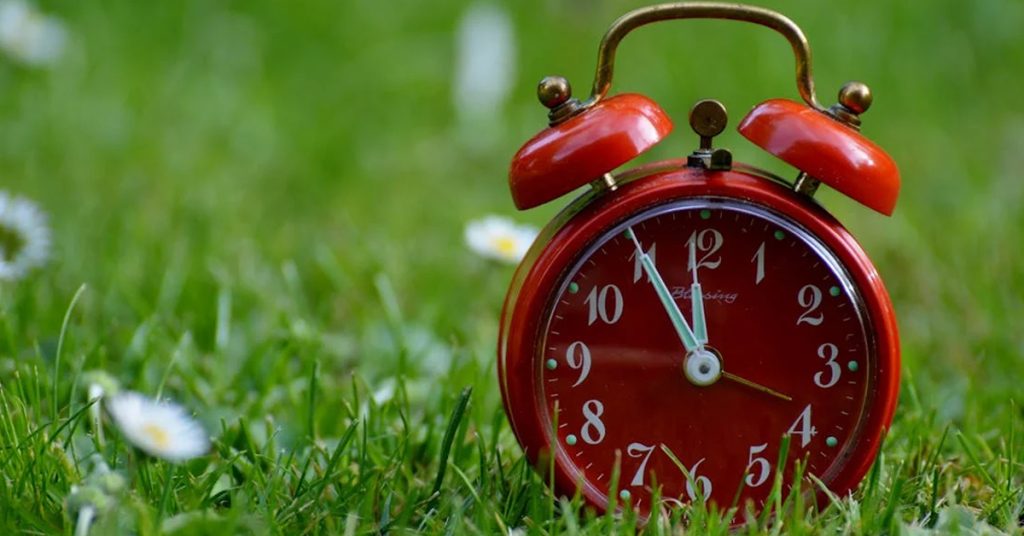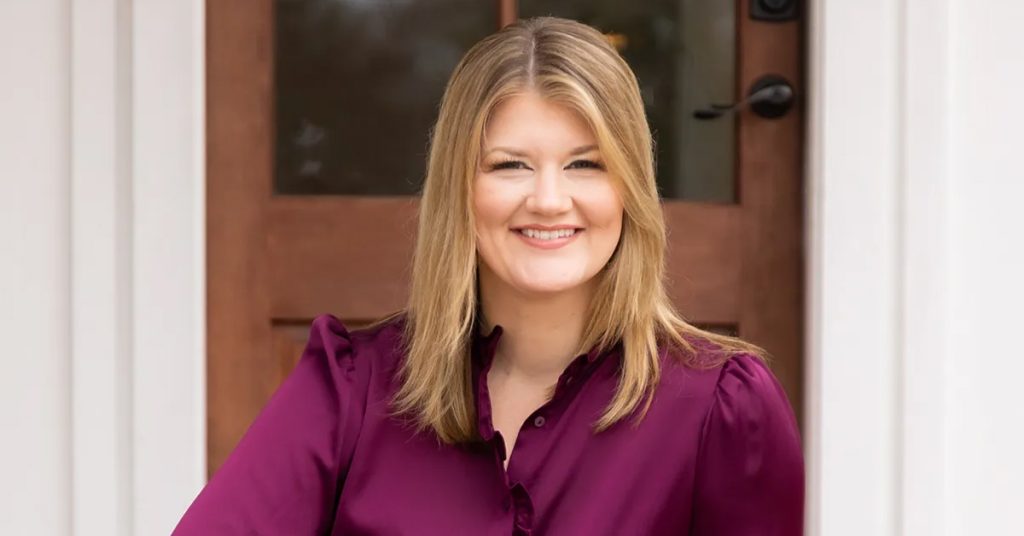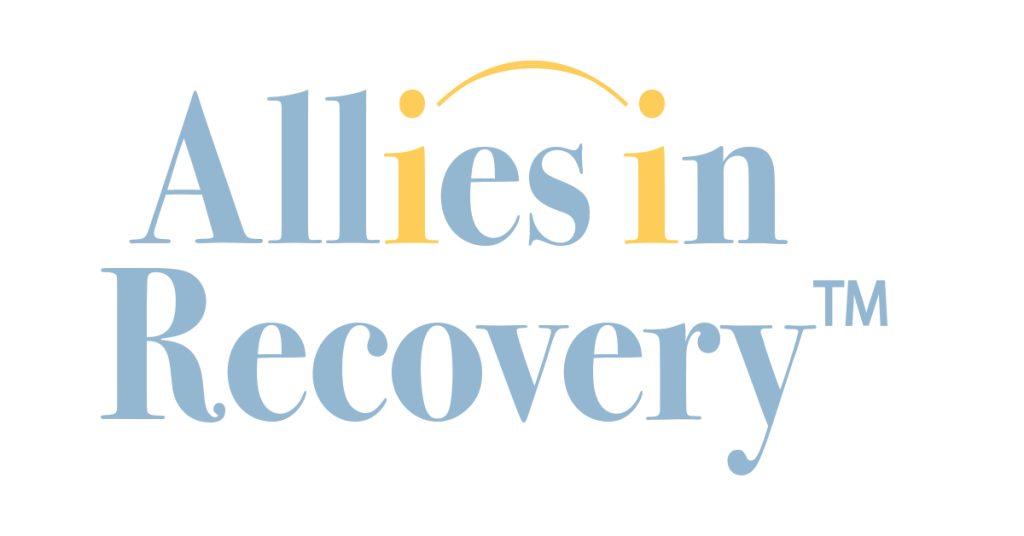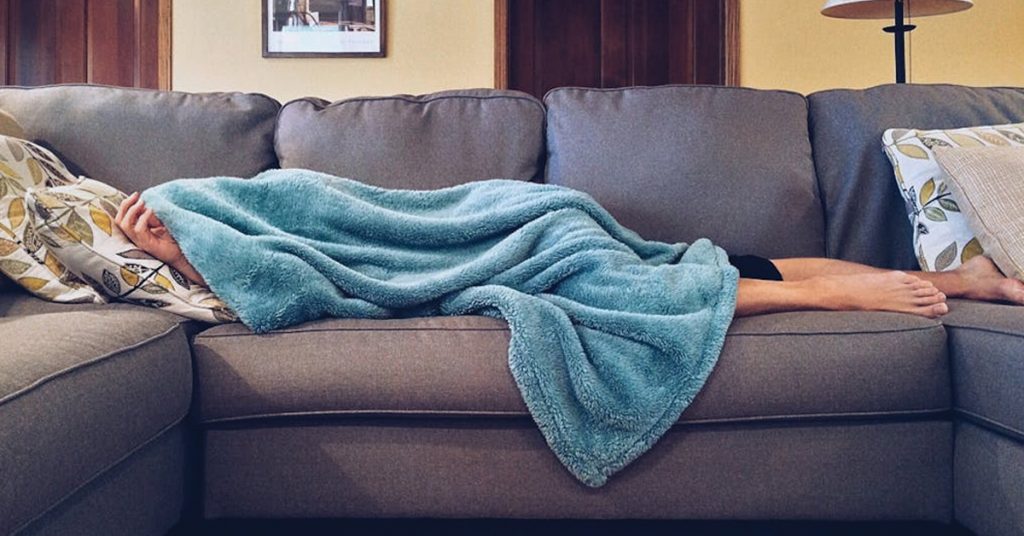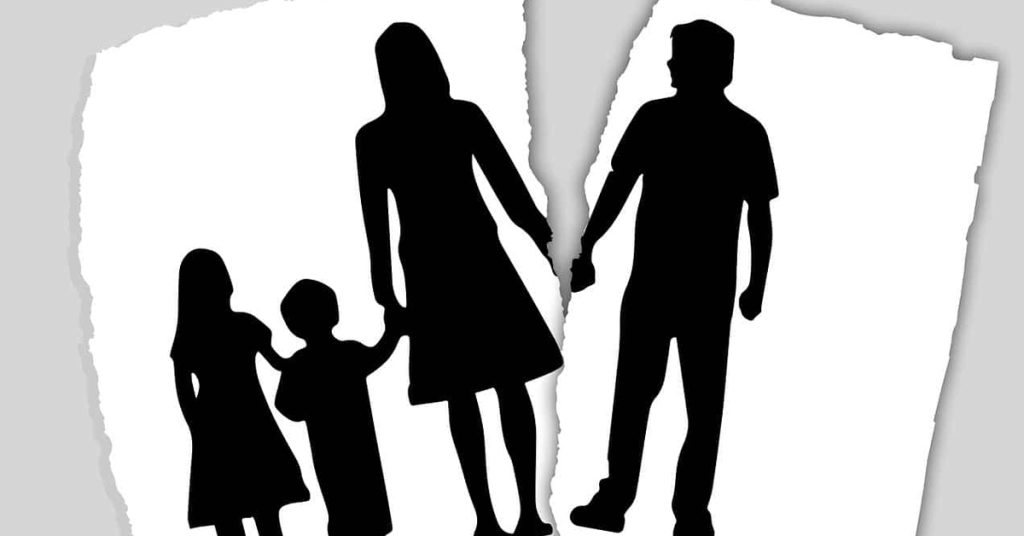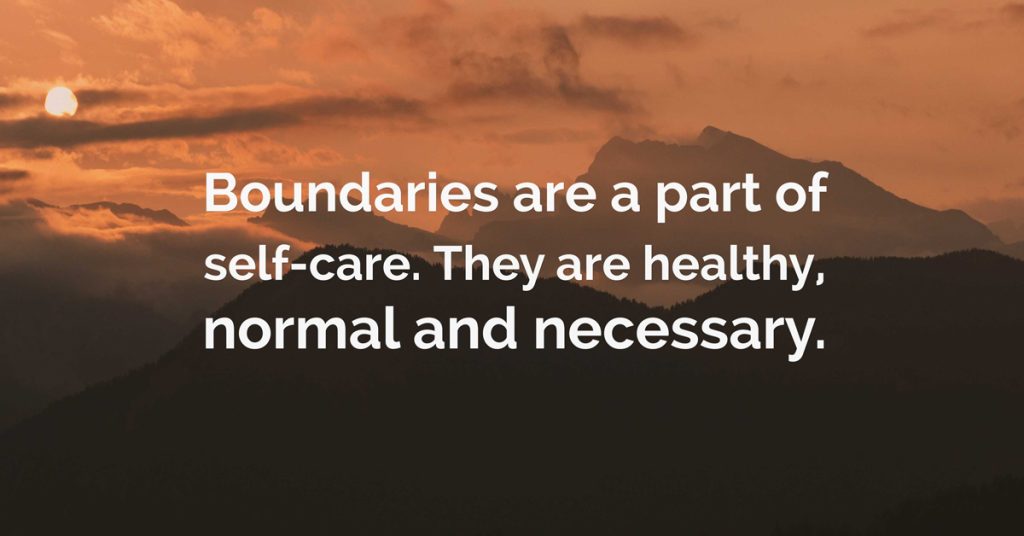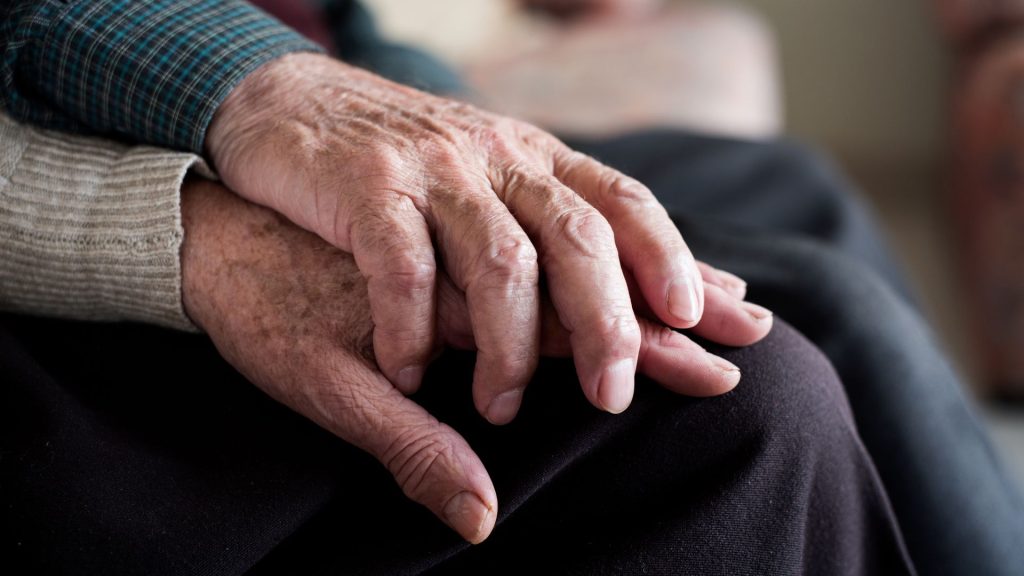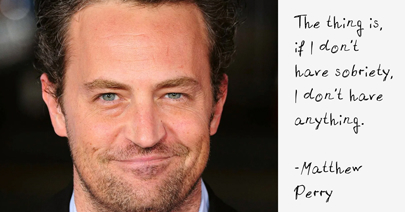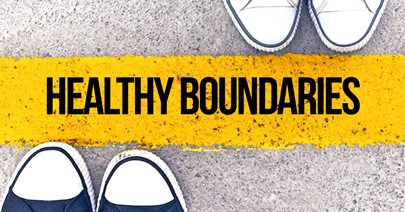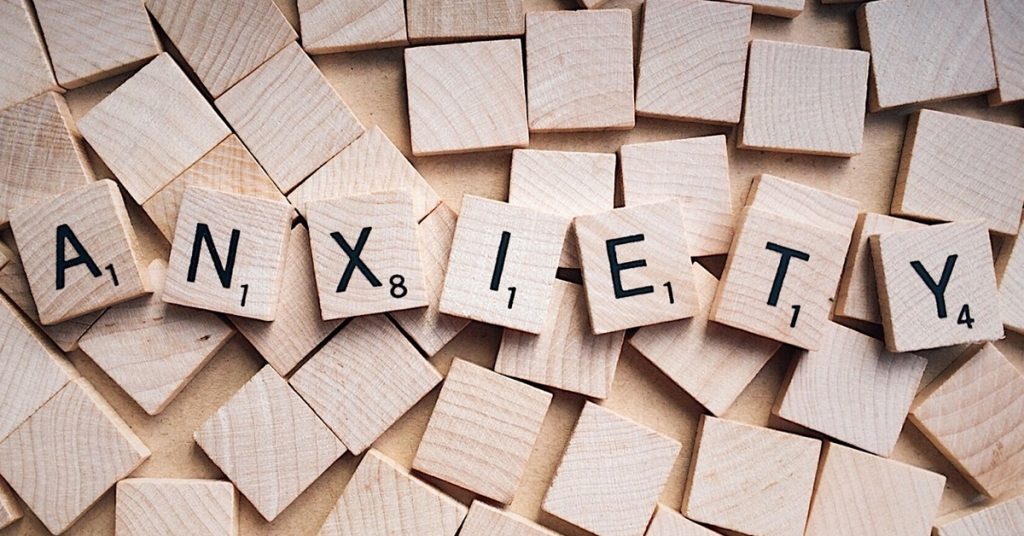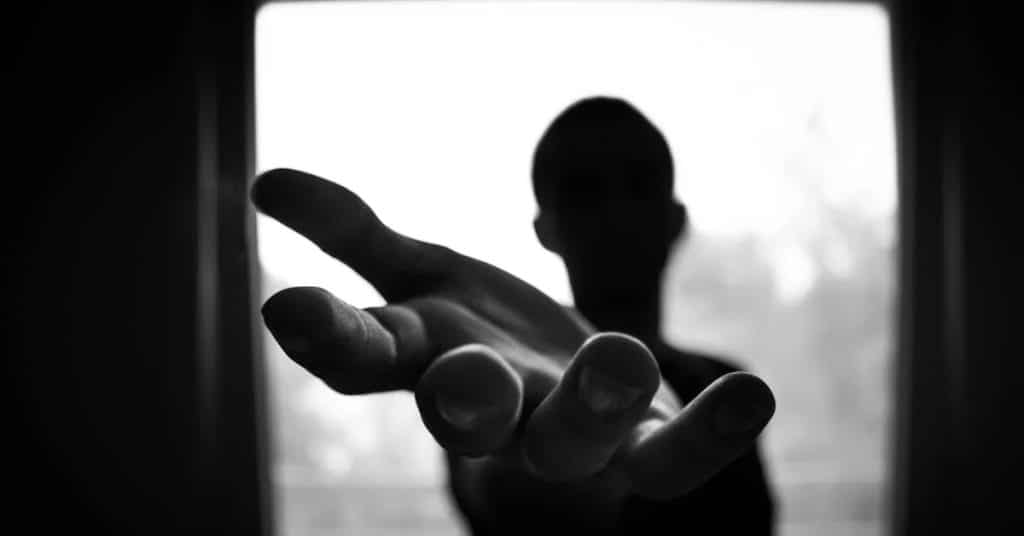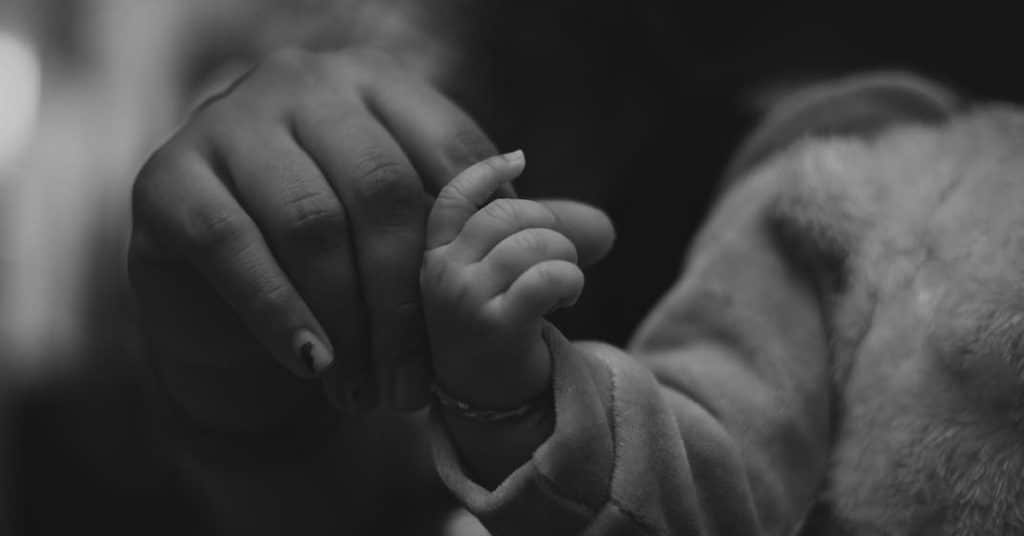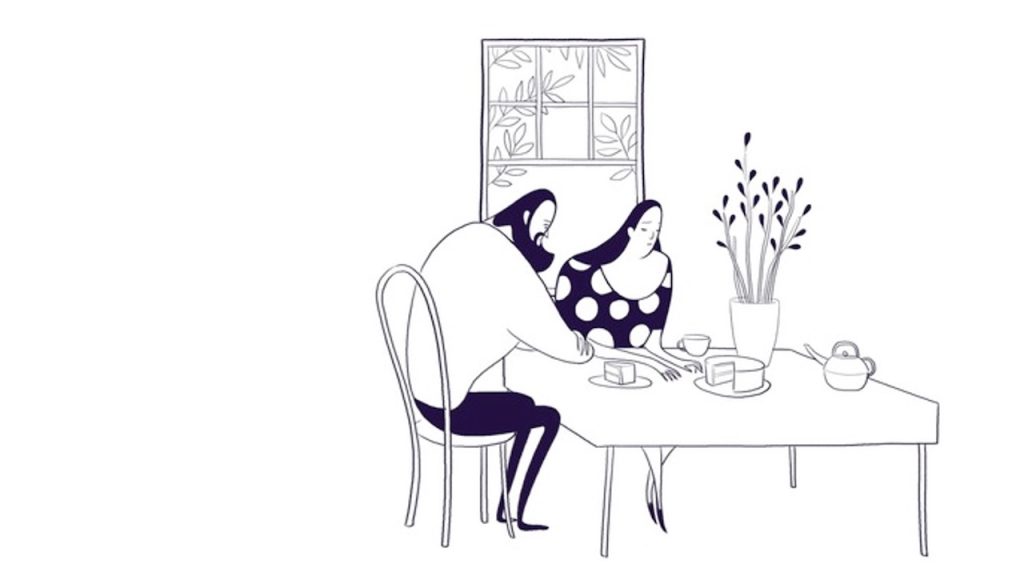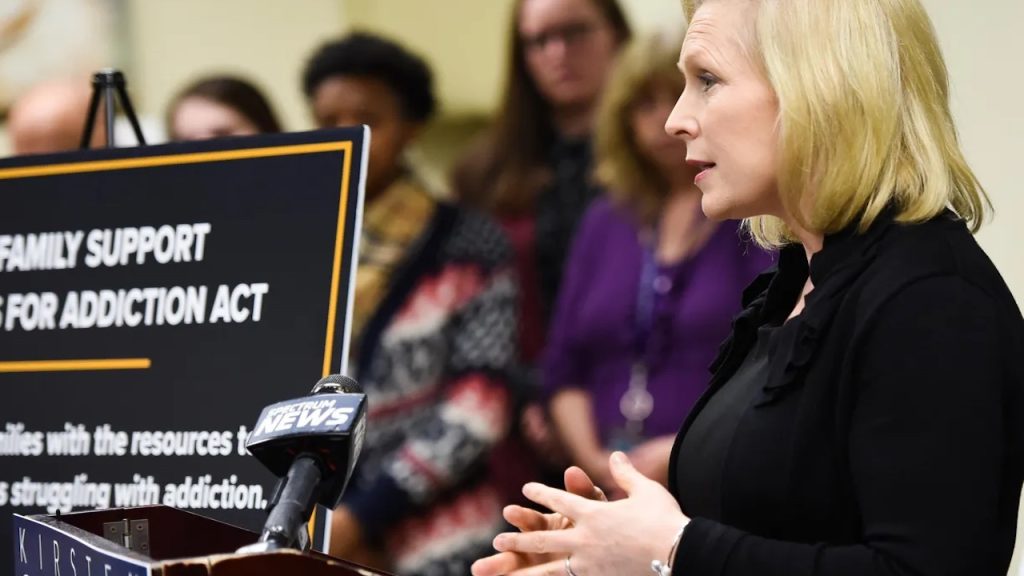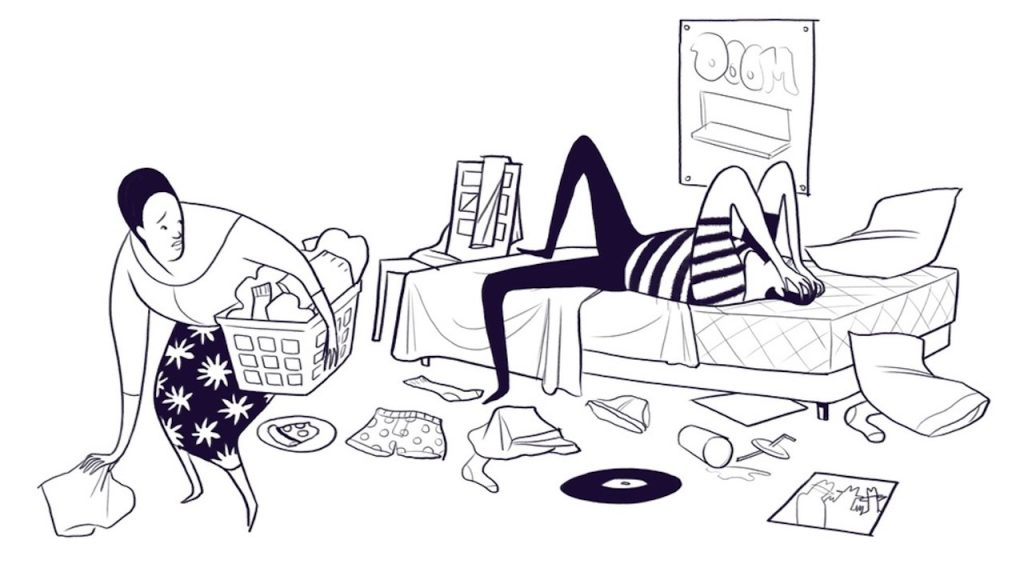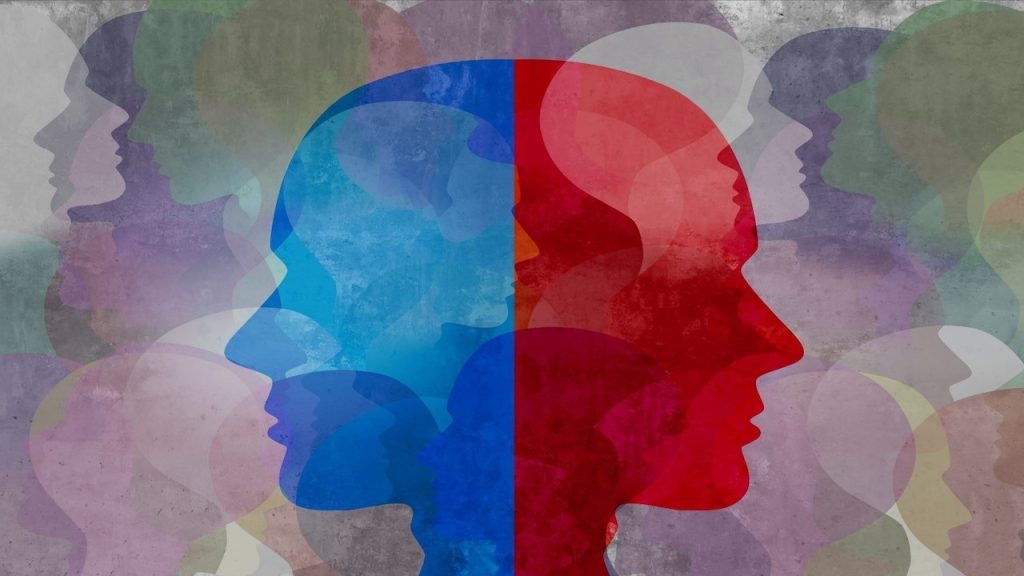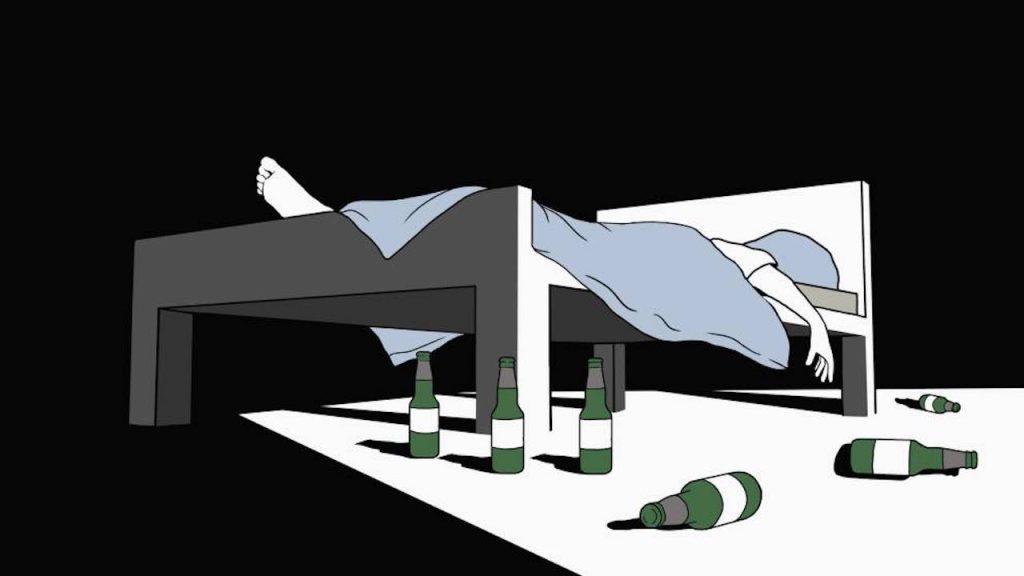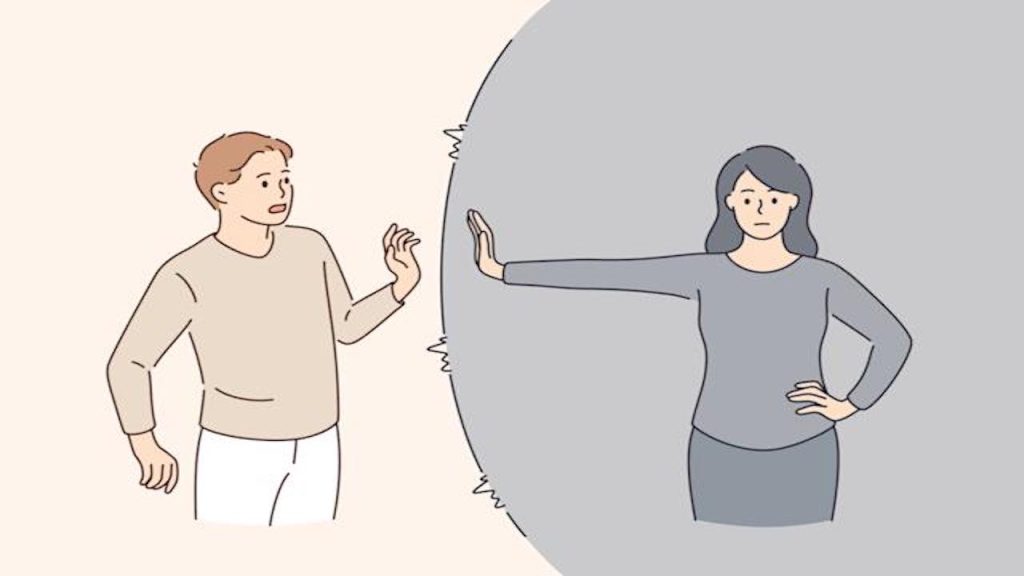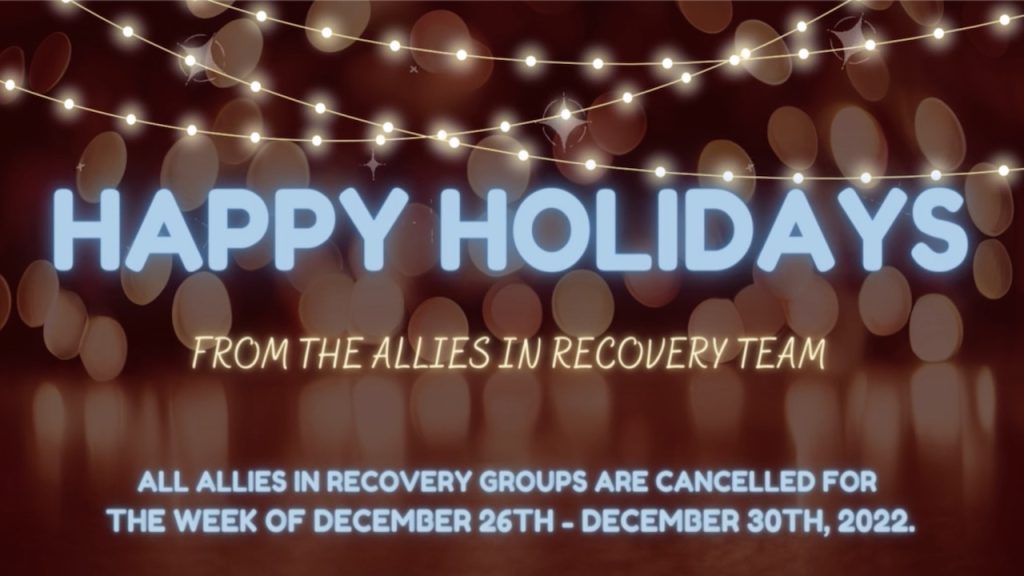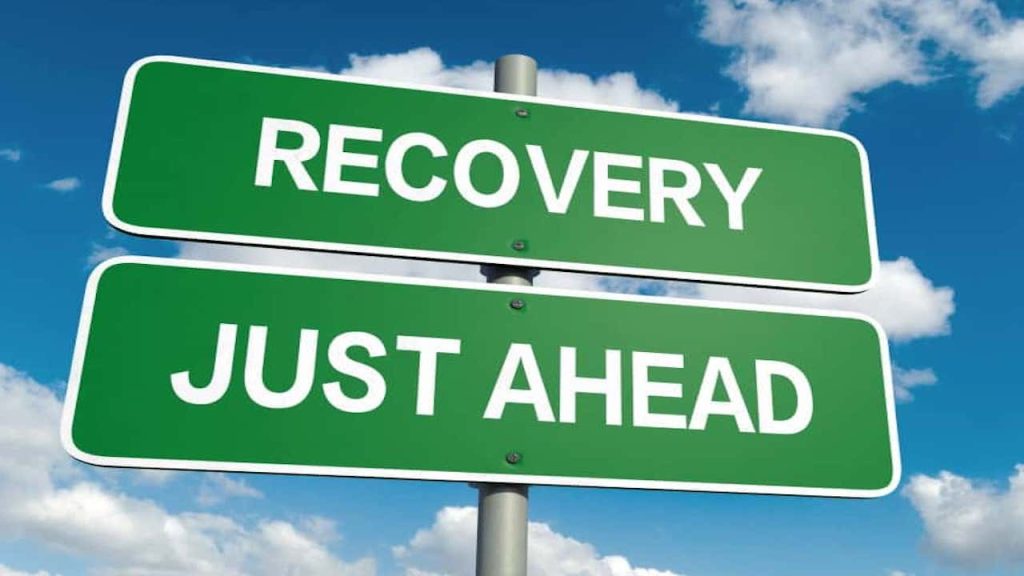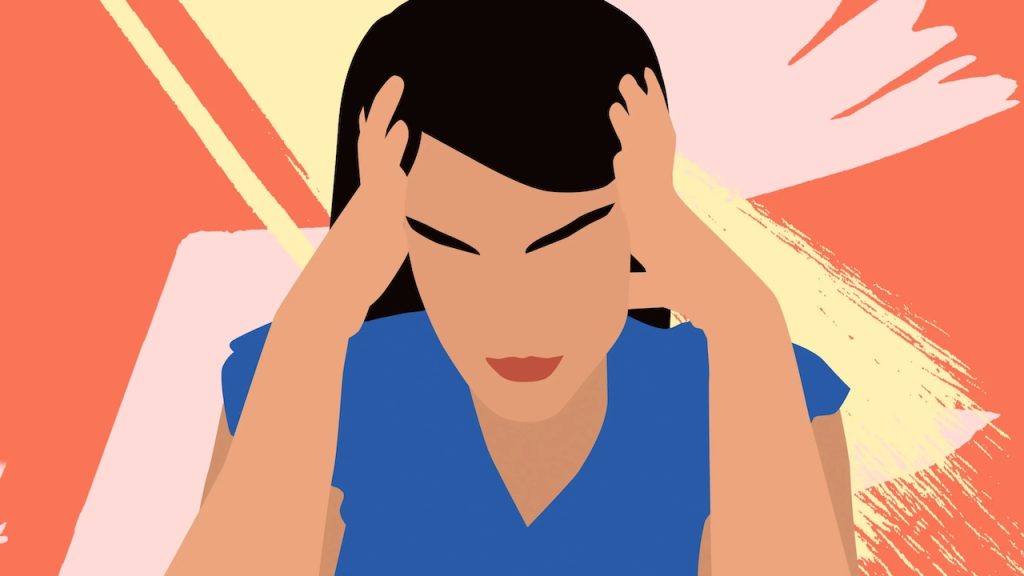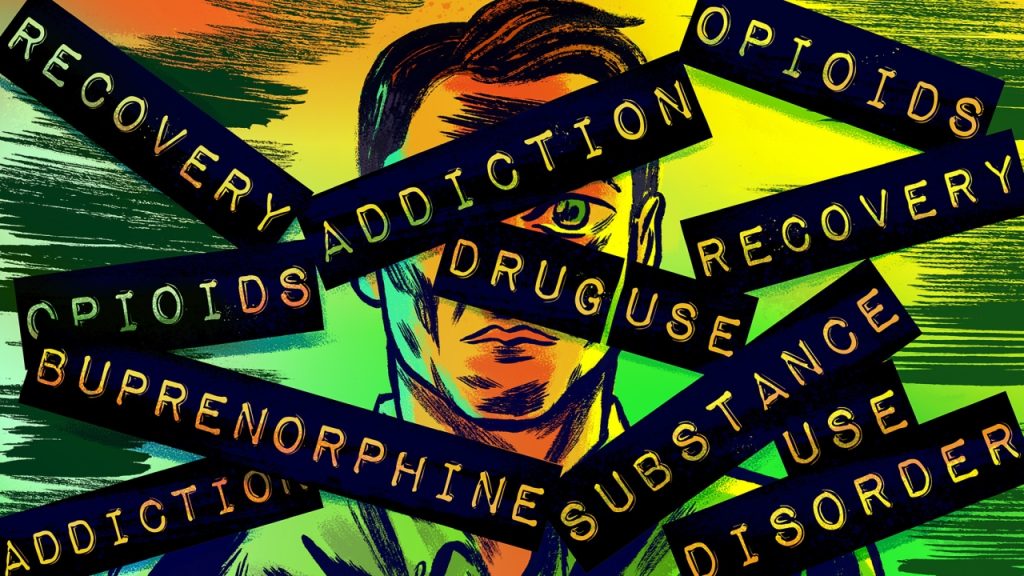She’s Back From Rehab But on Shaky Ground

Her loved one has returned home after a 90 day rehab program. She was hoping for a grace period, but her daughter swiftly returned to her tired old behaviors. She’s on shaky ground. Struggling just to make ends meet, hoping for a breakthrough in their communications, she reaches out for help.
*This post originally appeared on our Member Site blog, where experts respond to members’ questions and concerns. To take advantage of our current special offer and get full access to the Allies in Recovery eLearning program for families, click here.
Dominique, I re-read your reply to my previous post about preparing for our daughter’s return after treatment and will have that discussion that you suggested (i.e. checking in at the end of each week…). I asked her on Thursday to choose a time to connect — she never did — but will continue to push for that this weekend. Also, I will try to plan how to communicate if she comes home showing signs of use, and will continue to reward any follow through w aftercare/recovery contract.
I fear that I’m seeing all the signs of impending relapse and feel shaken by it. I thought we’d at least have a brief honeymoon period before old behaviors returned. This is all the more difficult as a single parent with very few resources. If family home doesn’t work, I can’t just send her to sober living. I am barely making ends meet as it is. I don’t even know how I’m going to pay for her treatment (just completed), let alone the medical bills incurred when she was in/out of emergency departments and ambulances.
Dominique Simon-Levine assures this mother that she has valuable resources at her disposal
You are seeing signs of relapse already and your daughter just left a long period of residential treatment. It makes sense that you are feeling shaken. She’s home but is already spending nights out and isn’t participating in recovery activities.
This can indeed be the cycle. As a family member you have some tools: your communication, your behavior and responses, and the resources you can provide your daughter… These resources include your home and your helping her to find and engage with treatment.
I am sorry you haven’t been given even a brief period of peace. Your daughter is playing some with her newfound freedom. She was sounding shaky even before she left treatment. We knew this was a possibility from concerns voiced towards the end of her stay. But even without those red flags, this time of transition can be precarious
It may help to take a slightly longer view
While in treatment, your daughter was taught skills to manage life. She was educated about the cycle of addiction and can’t undo having received those lessons. She may seek out using friends, she may use, but the problems that come with this will be recognizable to her this time. Your daughter will recognize the utter and complete obsession for drugs that quickly returns, the fair-weather friends who are going nowhere in their lives. She will feel the complete frustration when those drugs and friends are nowhere to be found.
Be detached and firm. Your home is temporary for her. She has a month (? …you set this limit) to settle in and to choose the direction she wants to head. You will do your best to stay out of the weeds (discussion of friends, drugs, her movements), and you will apply CRAFT.
If relapse is imminent, it can be more brief. Your daughter can recognize where she’s headed, start to recognize the patterns, and ask for help more quickly. Working CRAFT will help your daughter see you as the person to approach and ask for help should this happen
A planned conversation
Can you see yourself giving your daughter a set time period for being in your home? You’re pushing for a weekly sit down. When this next happens, perhaps the conversation goes something like this:
“I am so thankful you completed program XXX. That wasn’t easy and I am very proud of your efforts. Since you’ve been home, I’ve been feeling very scared for both of us. You’re staying out at night, and not participating in recovery activities. I can’t bear to think what will happen to you and to me if it all falls apart. I feel weak and worried. Of course, I want to give you time to find your footing but I can’t become your crash pad. Right now you have choices. But your options will soon change if you go back to daily drug use.
You are at a crossroads. You worked hard to get here. So did I. So take a month, a month from today, and settle in. If by April XXX, we conclude you are in trouble again, I will have a list of places where you can go. I’ve spent what money I had on Program XXX so the list will be harder to put together and the places will be less cushy. I am going to spend the month trying my best to stay out of the details of your life and working on my own part in this. I love you. Thank you for listening.”
Being a single mom is hard. The dedication and devotion to a child is the strongest I have ever witnessed – the bond is primary. I’m not knocking the fabulous dads I’ve had the privilege of meeting over the years, but there is something biological with motherhood. The strength of this bond is undeniable.
It’s time to use your CRAFT skills
Not having endless resources to put towards a loved one’s care is a reality for many. We need open-door, free, quality care in this country.
Remember that your daughter can walk into a recovery center, a self-help meeting, or into a state subsidized clinic and never use again. Take a few weeks and just work CRAFT. Use the rhythms of this approach to help anchor you so that your time isn’t consumed with projecting fears about the future. If at the end of the month the situation hasn’t changed, let us know. We can help you get that list together.
Go easy on yourself. Find that buffer between you and your daughter, where you can be independent of her, where you can stop thinking about her, and where you can instead focus some minutes – and hopefully even hours – on your own dear life, for today. One day at a time.
image © MabelAmber via pixabay

